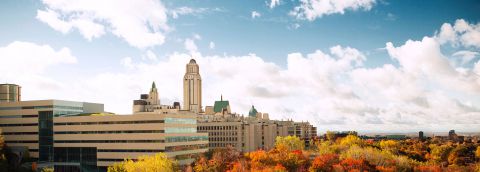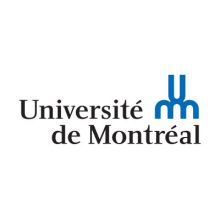About University of Tsukuba
The University of Tsukuba was founded in 1973, following the relocation of its predecessor the Tokyo University of Education to the city of Tsukuba.
The university’s main campus is spread across 258 hectares and is still located in the Tsukuba Science City, a science park developed in the 1960s. One in 10 of the residents in Tsukuba is a researcher. The city, which is northeast of Tokyo, is also home to more than 30 per cent of Japan’s national research institutes.
The University of Tsukuba also has a campus in Tokyo, which offers graduate-level evening courses.
The institution has a particular focus on interdisciplinary studies and internationalisation, with international cooperation agreements with North Africa and Central Asia.
Around 70 current and former students at the institution have participated in the Olympic Games. The university also does research and offers courses on the international sporting event.
Meanwhile, the university is home to three Nobel laureates: former presidents of the institution Sin-Itiro Tomonaga and Leo Esaki won the physics prizes in 1965 and 1973 respectively, while professor emeritus Hideki Shirakawa won the chemistry prize in 2000.
Jigoro Kano, the founder of the Kodokan Institute, the headquarters of the worldwide judo community, was the leader of the Higher Normal School and Tokyo Higher Normal School, which were antecedents to the university.
The institution’s slogan is: “Imagine the future”.
Tsukuba is a city in the northern Kantō region of Japan. Mount Tsukuba, also known as the “purple mountain” is famous for its double peaks.
Explore these featured universities
Explore rankings data for University of Tsukuba
Compare universities on their key stats
Key statistics
- 30%Proportion of ISR Publication(1)
- 15,506Number of FTE Students(1)
- 16%Percentage of International Students(1)
- 12.1No. of students per staff(1)
- 38 : 62Student Ratio of Females to Males(1)
- ¥4,516Finance per Student (¥000s)(2)
Subjects taught at University of Tsukuba
Arts & humanities
- Art, Performing Arts & Design
- Languages, Literature & Linguistics
- Archaeology
- History, Philosophy & Theology
- Architecture
Engineering & technology
- Electrical & Electronic Engineering
- Mechanical & Aerospace Engineering
- Civil Engineering
- General Engineering
- Chemical Engineering
Education
- Education
Social sciences
- Geography
- Communication & Media Studies
- Politics & International Studies (incl Development Studies)
- Sociology
Psychology
- Psychology
Physical sciences
- Mathematics & Statistics
- Chemistry
- Geology, Environmental, Earth & Marine Sciences
- Physics & Astronomy
Law
- Law
Clinical, pre-clinical & health
- Other Health
- Medicine & Dentistry
Business & economics
- Economics & Econometrics
- Business & Management
- Accounting & Finance
Life sciences
- Sport Science
- Biological Sciences
- Agriculture & Forestry
Computer science
- Computer Science






